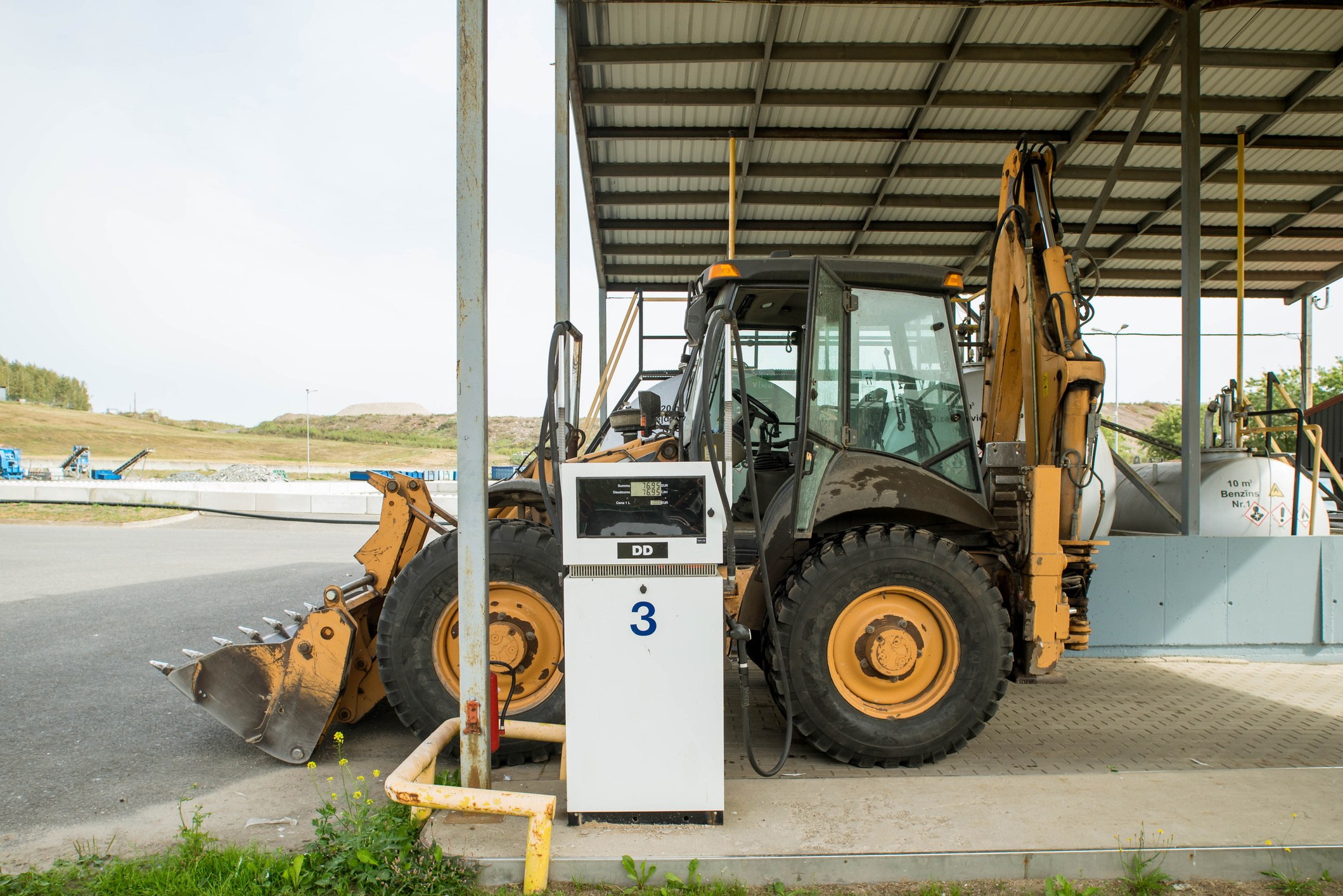During the past few years, energy policy has been at the center of some of the most contested issues facing the United States. For conservatives, energy independence is an important part of improving national security by limiting the influence of hostile governments like Iran and Venezuela. For liberals, alternative sources of energy are a critical part of reducing greenhouse gasses and addressing climate change.
It is no surprise then that some states have looked at, and passed laws, requiring utilities to increase the amount of energy they purchase and generate from “green” energy sources like wind and solar power. Initiative 937, supported by a group of environmental activist organizations, would impose new restrictions on Washington’s utilities in an effort to reach targets of specifically selected energy types. Using a series of incremental steps, Initiative 937 would require that 15 percent of Washington’s energy meet their definition of “renewable” by 2020.
This study examines the key elements of Initiative 937 and how it would likely be implemented in Washington should voters pass it this November. The study asks some key questions. Will this initiative meet its goals? Is this the best way to meet those goals? Are the costs and other unintended consequences justifiable?
Read the full Policy Brief here




